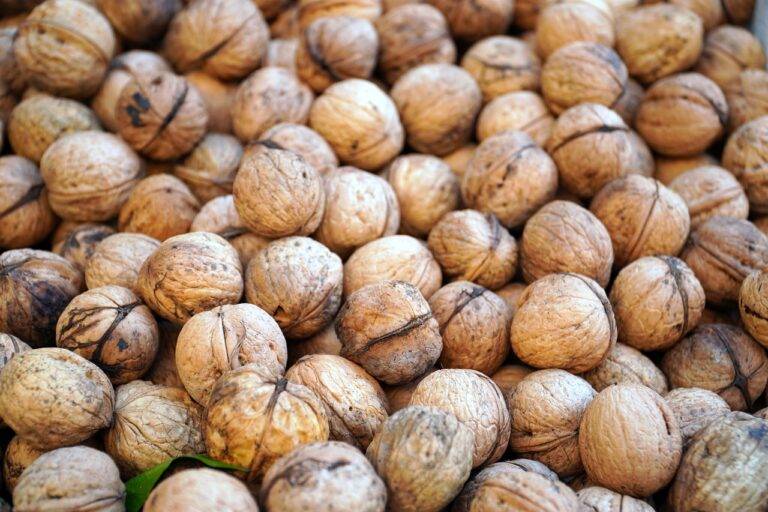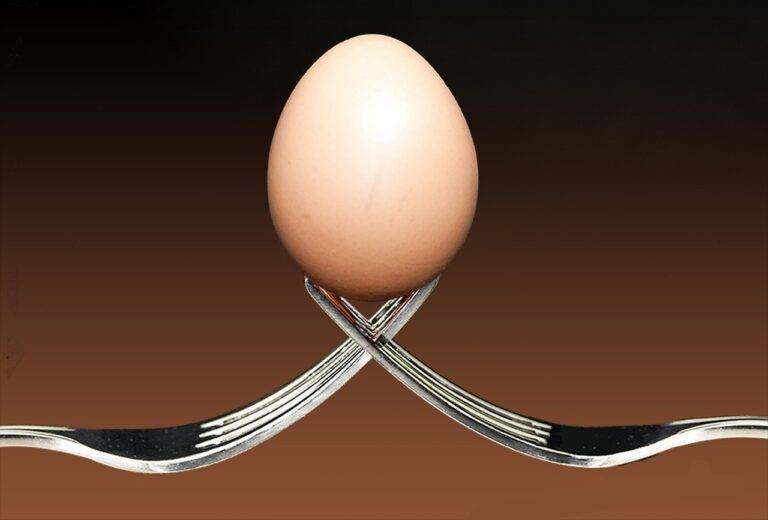The Role of Probiotics and Prebiotics in Gut Health
The gut microbiota plays a crucial role in maintaining overall health and well-being. These trillions of microorganisms residing in the digestive tract contribute to the proper digestion and absorption of nutrients. Additionally, they support the immune system by preventing the growth of harmful bacteria and promoting the production of beneficial compounds.
Furthermore, the gut microbiota is linked to mental health and cognitive function. Research suggests that the balance of bacteria in the gut can impact mood regulation and even influence conditions such as anxiety and depression. By nurturing a diverse and healthy gut microbiota through a balanced diet and lifestyle, individuals can potentially enhance their physical and mental health.
Difference Between Probiotics and Prebiotics
Probiotics are live microorganisms that provide health benefits when consumed in adequate amounts. These beneficial bacteria help maintain a healthy balance in the gut microbiota by promoting the growth of good bacteria and inhibiting the growth of harmful ones. Common sources of probiotics include yogurt, kefir, and fermented foods like sauerkraut and kimchi.
On the other hand, prebiotics are non-digestible fibers that serve as food for the good bacteria in the gut. By selectively stimulating the growth and activity of beneficial bacteria, prebiotics contribute to improved gut health. Foods rich in prebiotics include garlic, onions, bananas, and whole grains. Incorporating both probiotics and prebiotics into your diet can help support a diverse and healthy gut microbiota.
Impact of Diet on Gut Health
The composition of one’s diet plays a crucial role in determining the health of the gut microbiota. A diet rich in fruits, vegetables, and whole grains can provide essential nutrients that support the growth of beneficial bacteria in the gut. On the other hand, a diet high in processed foods, sugar, and saturated fats may disrupt the balance of gut bacteria, leading to digestive issues and inflammation in the gut.
Furthermore, the diversity of foods consumed can also influence gut health. A varied diet that includes a wide range of food groups can help promote a diverse microbiota in the gut, which is associated with better overall health. In contrast, a limited diet that lacks variety may result in a less diverse microbiota, which could potentially make an individual more susceptible to certain health conditions related to gut dysfunction.
What are the benefits of having a healthy gut microbiota?
A healthy gut microbiota can improve digestion, boost the immune system, support mental health, and reduce inflammation in the body.
What is the difference between probiotics and prebiotics?
Probiotics are live bacteria that are beneficial for gut health, while prebiotics are non-digestible fibers that feed the good bacteria in the gut.
How does diet impact gut health?
Diet plays a crucial role in maintaining a healthy gut. Consuming a diverse range of fruits, vegetables, whole grains, and fermented foods can promote the growth of beneficial gut bacteria.
Can a poor diet negatively impact gut health?
Yes, a diet high in processed foods, sugar, and unhealthy fats can disrupt the balance of gut bacteria and lead to issues such as inflammation, digestive problems, and a weakened immune system.
Should I take probiotic supplements to improve my gut health?
While probiotic supplements can be beneficial for some individuals, it’s always best to focus on consuming a variety of probiotic-rich foods as well as prebiotic foods to support the growth of beneficial gut bacteria.







